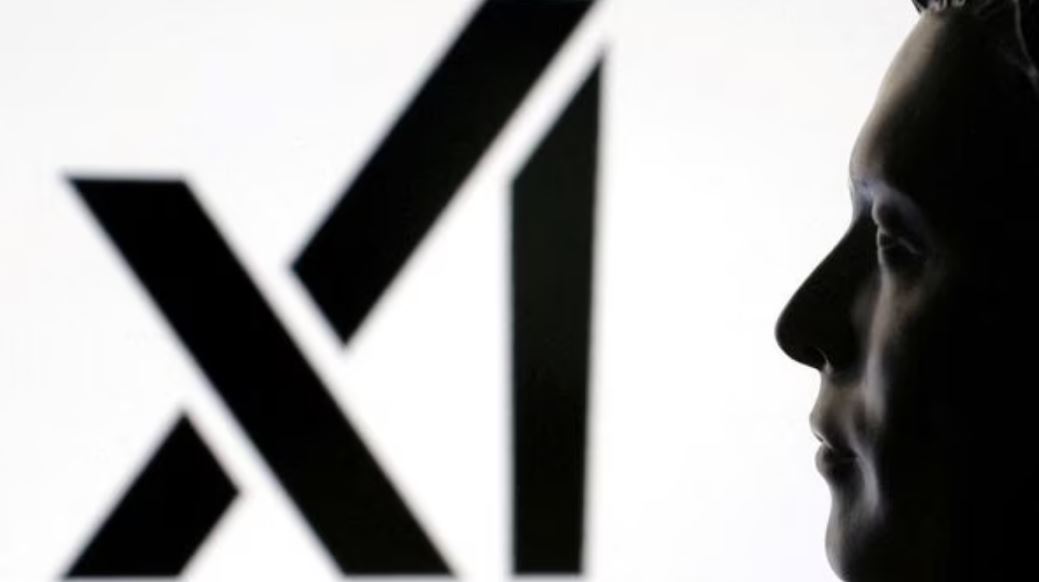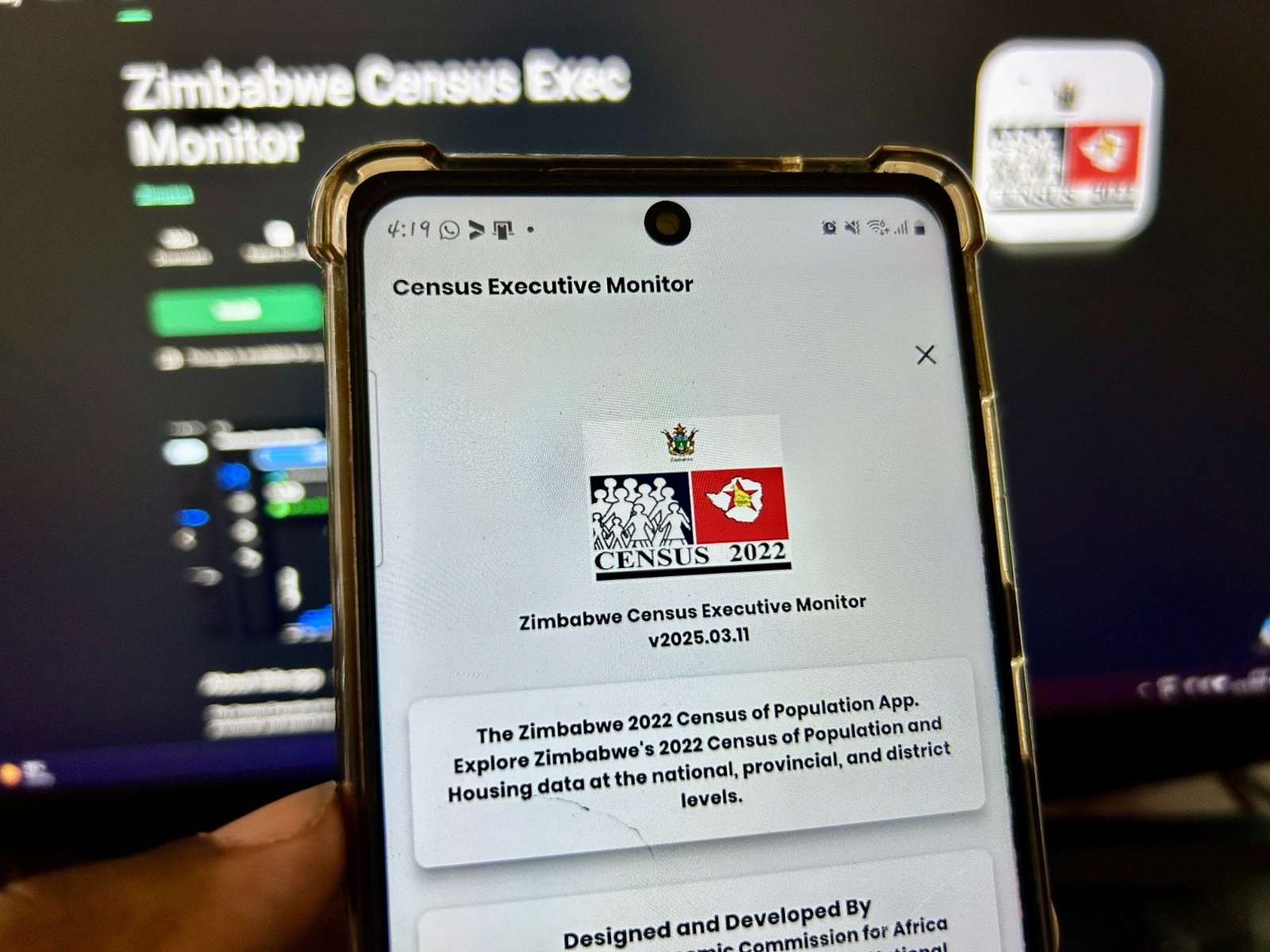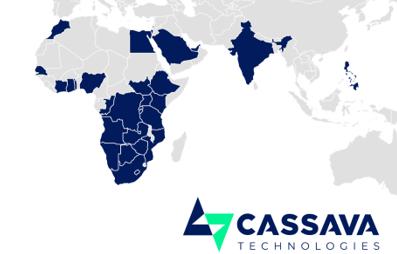In news that you probably know, because NetOne customers are already feeling the brunt of voice, data, and SMS tariff hikes, the Postal and Telecommunications Regulatory Authority of Zimbabwe (POTRAZ) granted Zimbabwe’s mobile network operators NetOne, Telecel and Econet the green light for a 30% out of bundle price increase.
The domino effect was set into motion by NetOne when it announced an out of bundle tariff increase late last week. Econet has already put out a statement saying that it is increasing the price of out of bundle browsing on Wednesday:
Please note the following tariffs as per regulatory approval, effective Wednesday 29, September 2021.
Voice – ZWL$0.16683 per second
Data – ZWL$1.58521 per MB
SMS – ZWL$2.05821 per SMS
Econet
Prices for out of bundle browsing are generally the same across all mobile network operators. So the announcement made by Econet earlier today should be consistent across all the players.
Expect more price hikes
The green light that POTRAZ gave mobile network operators is for an upper limit. This means that, as with last year, there is a threshold that Econet, Telecel and NetOne have for what looks like the next year.
So we can expect to see the players in the market incrementally increase prices over the year. Or until the economy demands that POTRAZ step in for the MNOs to be allowed to hike tariffs again.
Tariff hikes are a double-edged sword
Econet, NetOne and Telecel have been struggling (even though fortunes differ among the three). The telecommunications sector is one of the most foreign currency intensive ones and MNOs regularly report foreign exchange losses. POTRAZ Director-General Dr Gift Machengete said that the industry needs heavy capital investment in order to remain relevant.
On the other hand, the disparity in the cost of goods and services to income is concerning. More and more people are living within the confines of a WhatsApp bundle and even that is now looking like a luxury. This is doubly troubling because the pandemic made data a necessity for e-learning and e-commerce.
At present, it seems like the industry is in survival mode and the imperative is to keep the businesses running. However, there might come a time when the cost of data and other telecoms services are completely out of reach of what the majority earns.
It looks like now is probably the best time for MNOs and the powers that be to find ways of striking a balance between affordability and the business side of things.














Comments
5 responses
Why not 10 cents per minute instead of 0.16683 dollars per second? I don’t expect technical data to be given as “raw” by journalists, that’s being lazy! It is your duty to convert those figures to “more meaningful” ones for the benefit of readers.
…10 rtgs per minute
It is literally Econet’s statement! If they had changed it, there would be someone else blasting them for messing with the facts!
The true laziness is refusing round off the numbers yourself😂
You are lost! You can FIRST quote the Econet figure and (in brackets) give an alternative “more meaningful” figure without altering the Econet figure! This IS NOT changing Econet’s statement! 7000mAh is EXACTLY the same as 7Ah achimwene, nothing changed kkkk. 2+2 remains 4 regardless of who said it, hope it’s clear now, very simple.
The educated morons kkkkk at Econet are notorius for giving us airtime balances like 40.2251 when only 2d.p will do. The consumer does not need 4 decimal places. With the loss in value of the rtgs, even 1 d.p will do! The computer programs can calculate to 10 d.p, not a issue to the consumer.